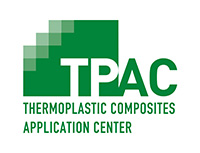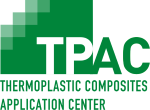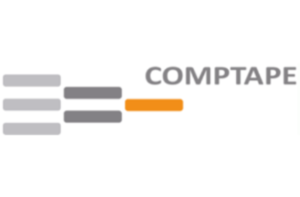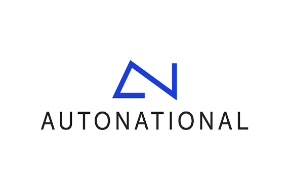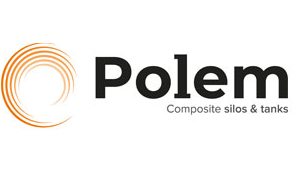TPC Winding
Research into the winding of large tanks and silo’s using thermoplastic composites.
Summary
Polem is a manufacturer of composite tanks and silos, which are used for the large-scale storage of solid or liquid food products, animal feed, road salt, as well as other powder or granular bulk goods.
The tanks and silos consist mainly of a composite cylinder, which is produced using filament winding. In the traditional method of winding, glass fibers are impregnated in a resin bath before being wound around a mold. Subsequently, resin curing takes place, and the mold can be removed from the product. The resulting composite material is thermosetting which, like many other products made from this material (such as wind turbine blades, sailboat hulls), are difficult to recycle at the end of its lifespan. Changing the material to a thermoplastic plastic is beneficial since thermoplastic products can be melted down and recycled after use.
Another issue with the current combination of glass fiber and polyester resin is the styrene emission released during processing and curing. This problem can also be addressed by using thermoplastic composite.
For these reasons, the winding with thermoplastic composite is of interest to Polem, with a focus on recycling and reducing emissions. One of the thermoplastic composite semi-finished products recently available on the market that could be used here are unidirectional glass/PP tapes. Polem wants to investigate the implications of using this material for their production equipment and how a silo should be designed with this material.
Therefore, Polem has contacted tape supplier CompTape, winding machine manufacturer Autonational, and the TPAC Research Group of Saxion University of Applied Sciences.
One possible consequence of winding with these tapes, is that different orientations, such as a more helical orientation, may be necessary. This requires adjustments to the winding machine’s control, but also allows for structural optimization (e.g. for pressure vessels) and for directly winding a large part of both pole caps. To introduce this technology at Polem, contact has been made with Autonational. Research will be needed to determine which technique (helical or hoop) is desirable.
Project partners
Polem N.V., Autonational B.V., CompTape B.V.
Duration
1.5 years, Start in august 2023
Funding
Financed by TechForFuture
